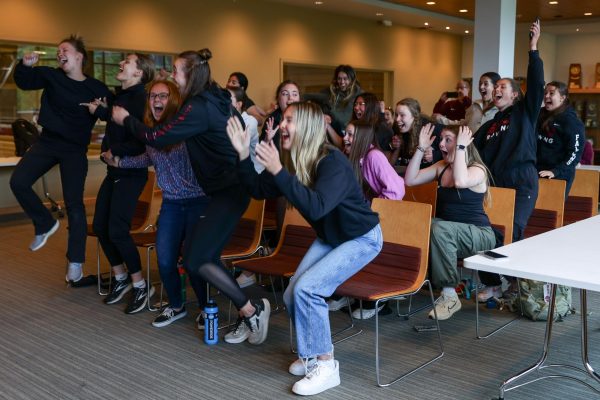Lawsuit against Seattle Pacific University to continue
Defendants’ motion granted in part, fraud claim allowed to proceed
April 6, 2023
Following weeks of uncertainty and anticipation of the future of Seattle Pacific University, Judge Andrea Darvas has ruled that the lawsuit, Guillot vs. Whitehead, against SPU will continue. While many of the defendants’ motions to dismiss were granted, Judge Darvas has allowed the claims of fraud to continue.
“The court’s opinion was carefully considered and meticulous. The court threw out five of the six claims and expressed skepticism about the merits of the sixth claim, which we are confident will eventually be dismissed,” SPU stated.
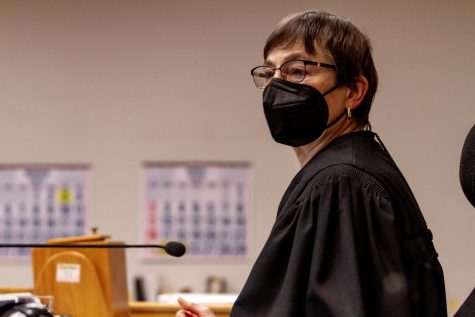
The hearing, which took place on Feb. 17, was to determine if the defendants’ motions to dismiss were legal and to decide if the case would proceed at all. The hearing was well attended, with hundreds of people listening both in person and online. At the time, no decision was made and Judge Darvas had 60 days from the hearing to make a decision.
“This Court is not deciding whether Plaintiffs’ claims are true or false. It is not deciding whether the Defendants acted in good faith. It is not deciding whether SPU’s employment policy is good, or wise, or fair,” states the memorandum. “Rather, the Court is deciding, as it is required to do under Washington law and under case decisions by higher courts which are binding upon this Court, whether the particular causes of action brought by Plaintiffs in the Amended Complaint can move forward.”
Defendants made several arguments for why the case should be dismissed, including their First Amendment rights and the Uniform Public Expression Protection Act. Many of these motions to dismiss were granted; however the plaintiffs’ claims of fraud were allowed to continue.
“The Court finds that Plaintiffs adequately plead the nine elements of fraud,” states the memorandum, though, “some of these elements may be problematic, and/or may be barred by the protections of the First Amendment.”
Laur Lugos, an SPU graduate and plaintiff in the lawsuit, is thankful for the ruling and that the proceedings will be allowed to continue.
“I feel vindicated that the judge allowed our claims for fraud to proceed. At the heart of this dispute is that some of our university leaders deceived us and never intended to allow the board, in cooperation with the university community, to change SPU’s hiring policy,” Lugos said.
Much of the memorandum dealt with the defendant’s claims of First Amendment freedoms, which were held up in court.
“The University is grateful for the judge’s ruling today and the strong support of First Amendment rights it reflects,” states SPU. “These rights include freedoms for leaders of faith-based institutions like ours to make their own decisions on self-governance. As the judge states in her decision, it was a case we defended based on protecting ‘free speech, assembly, religious beliefs, and association.’”
At this time, there is no information on when the next trial for the case will take place.




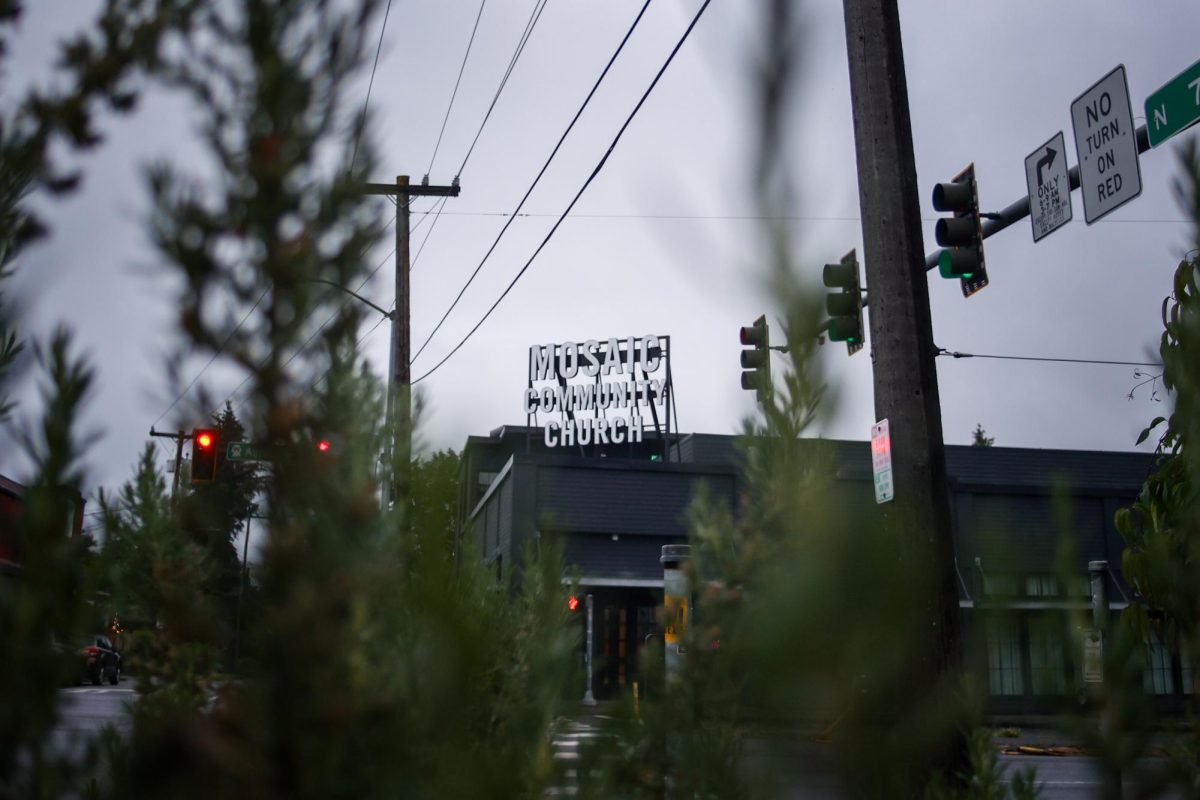
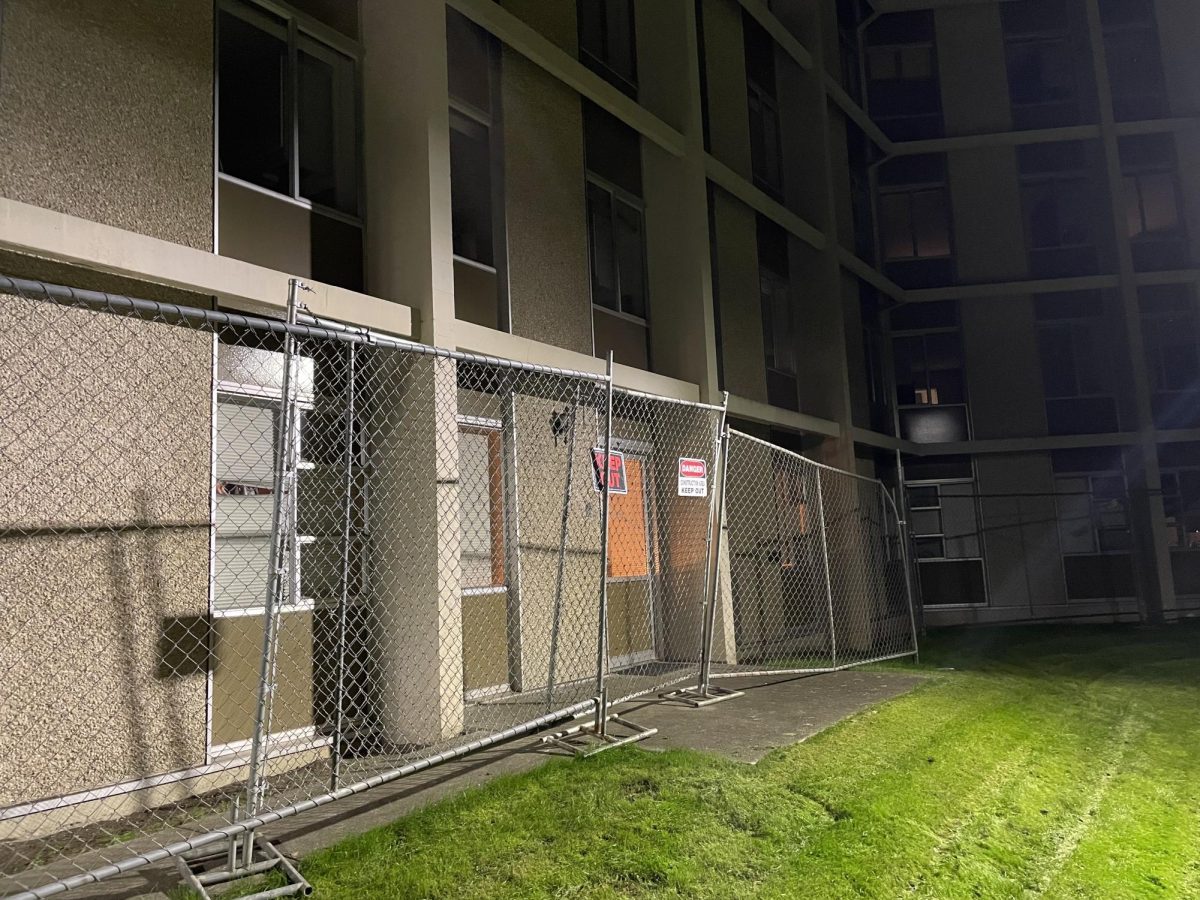










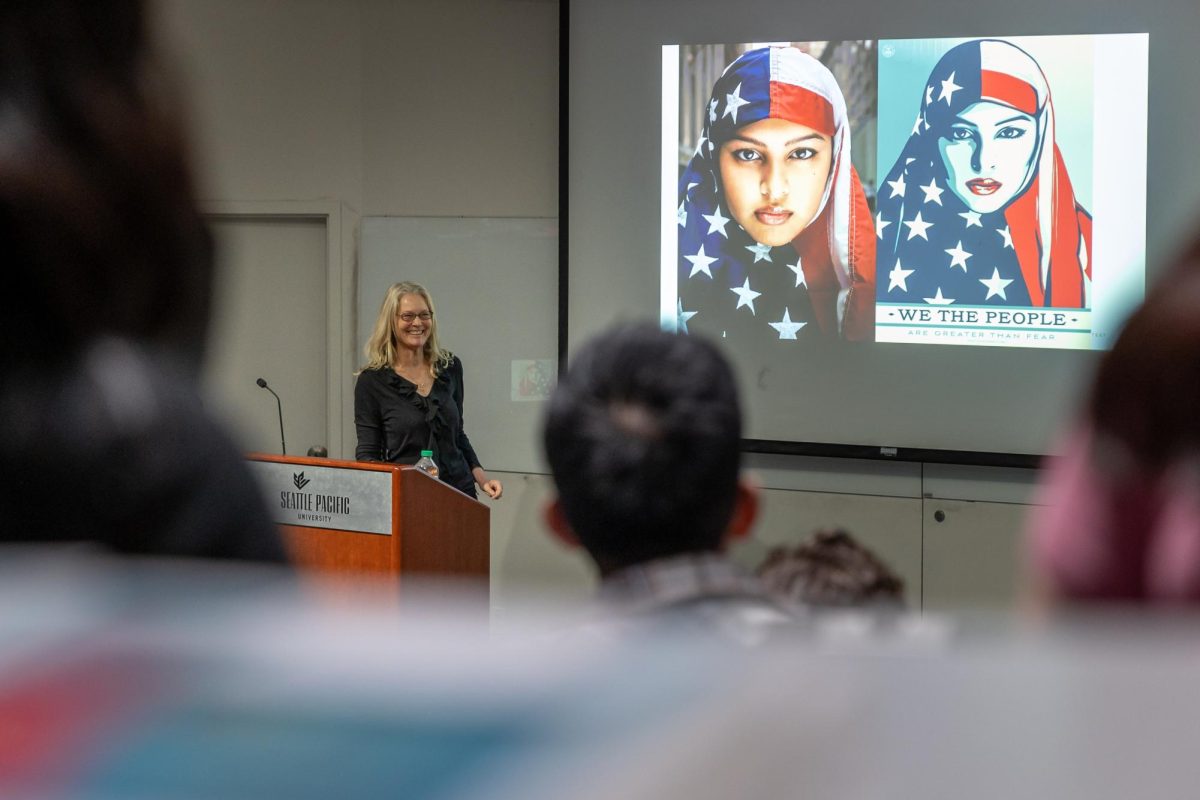


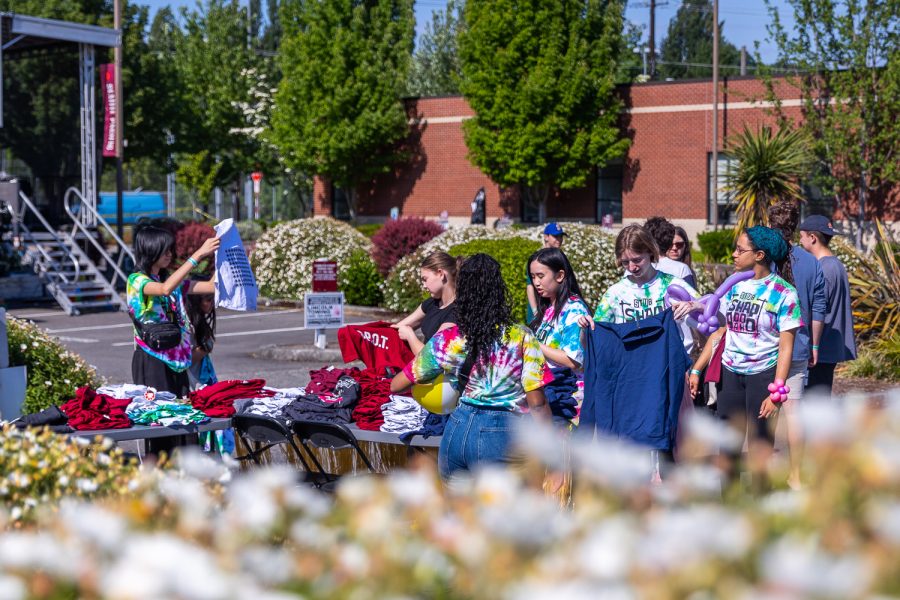


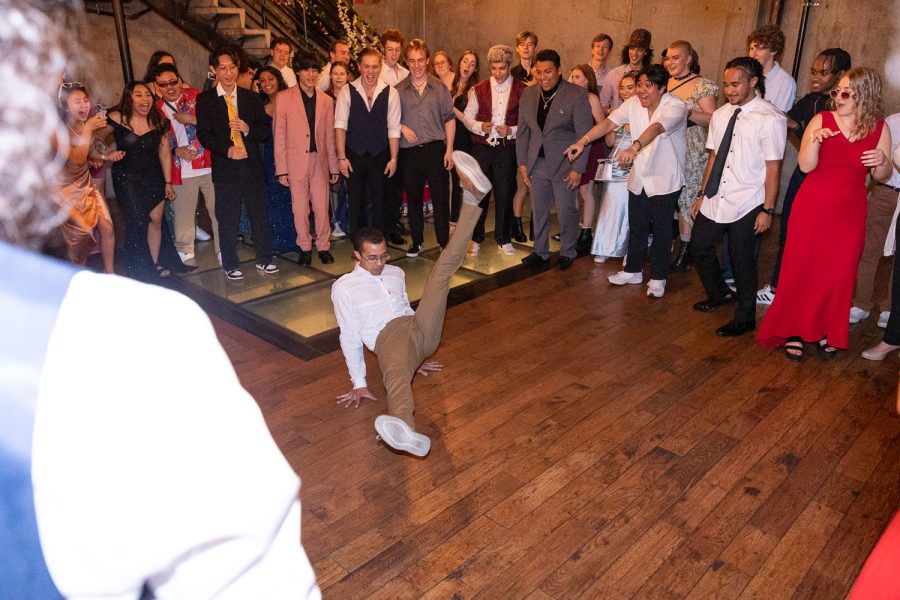

















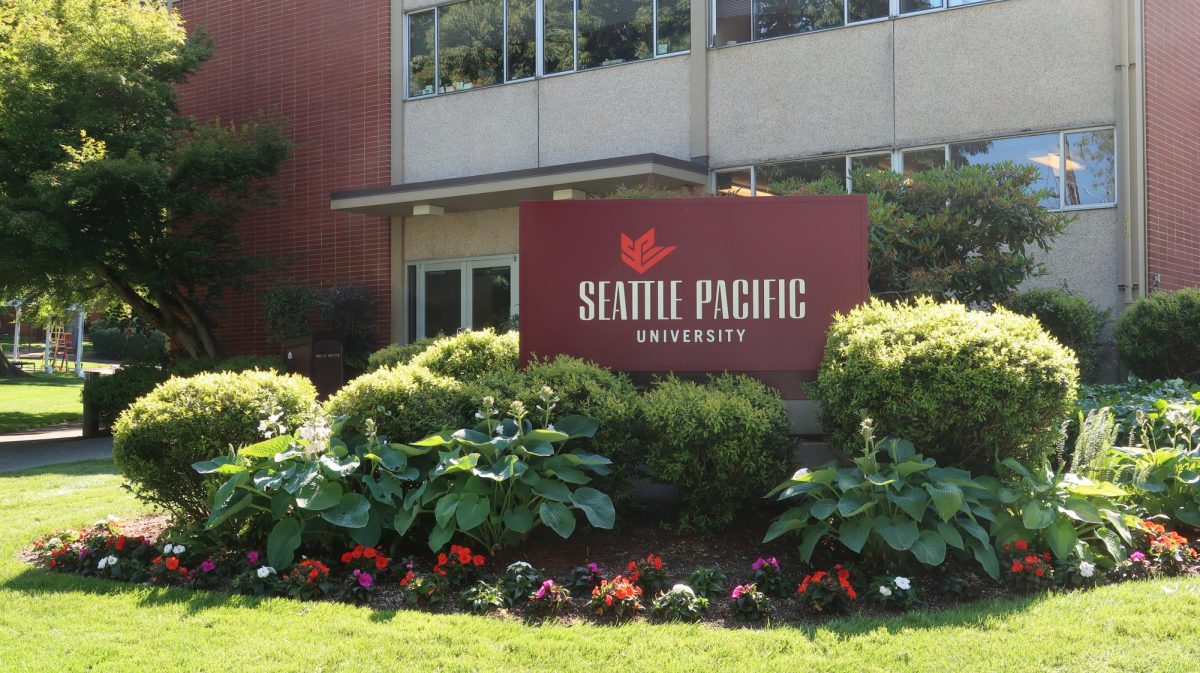
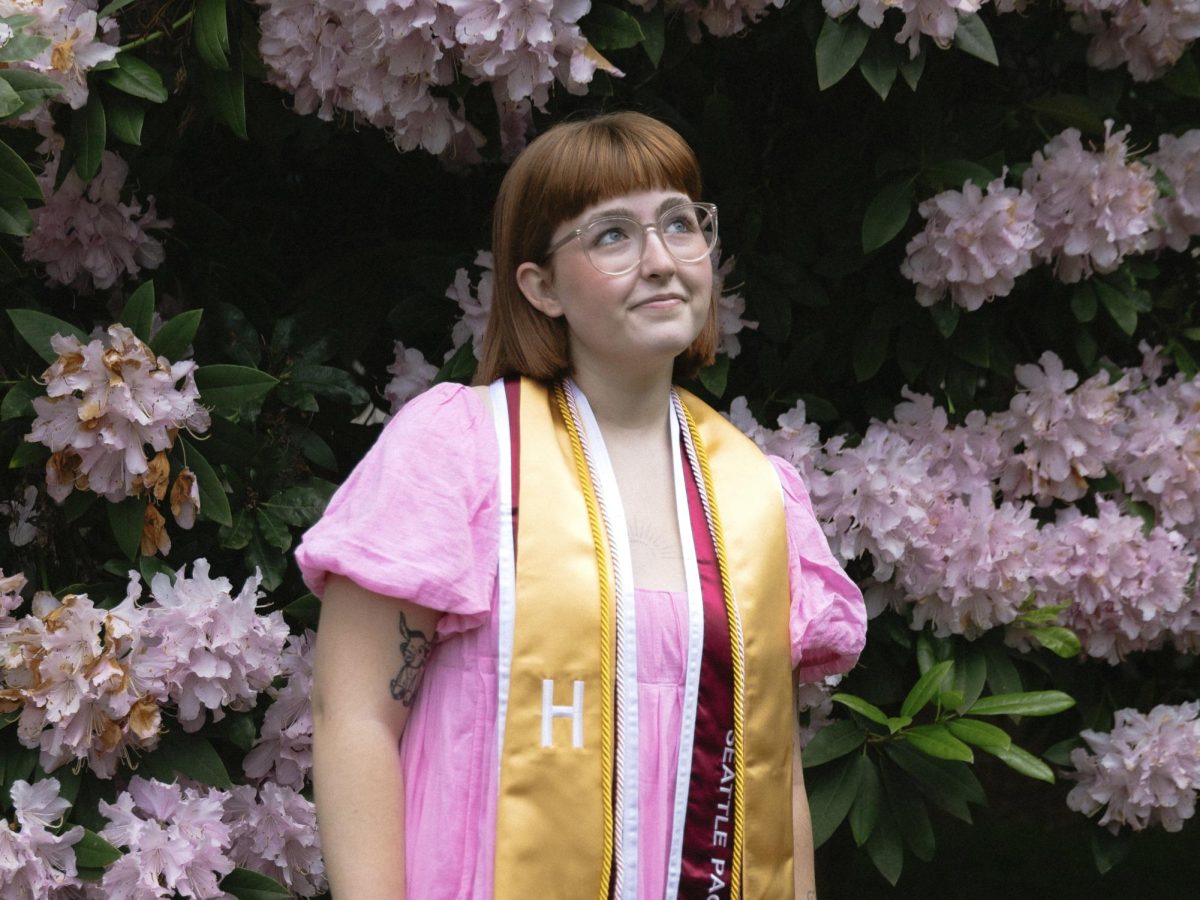

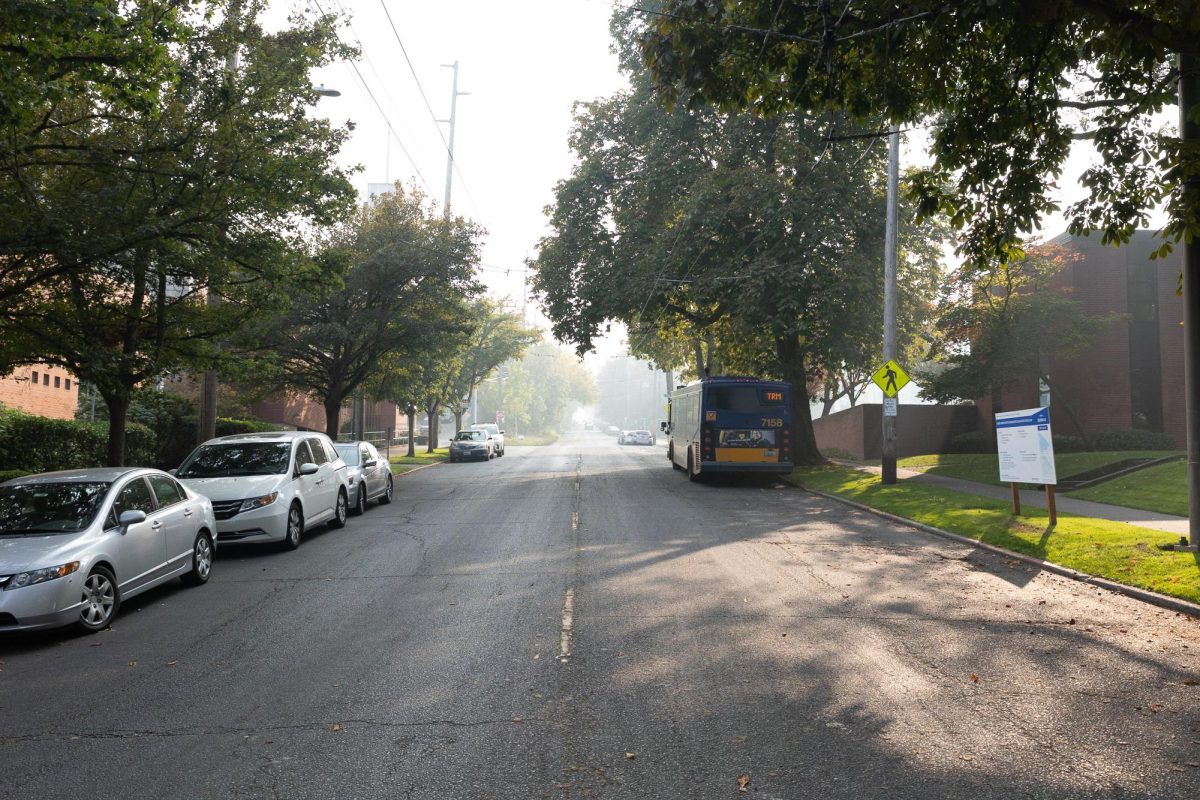



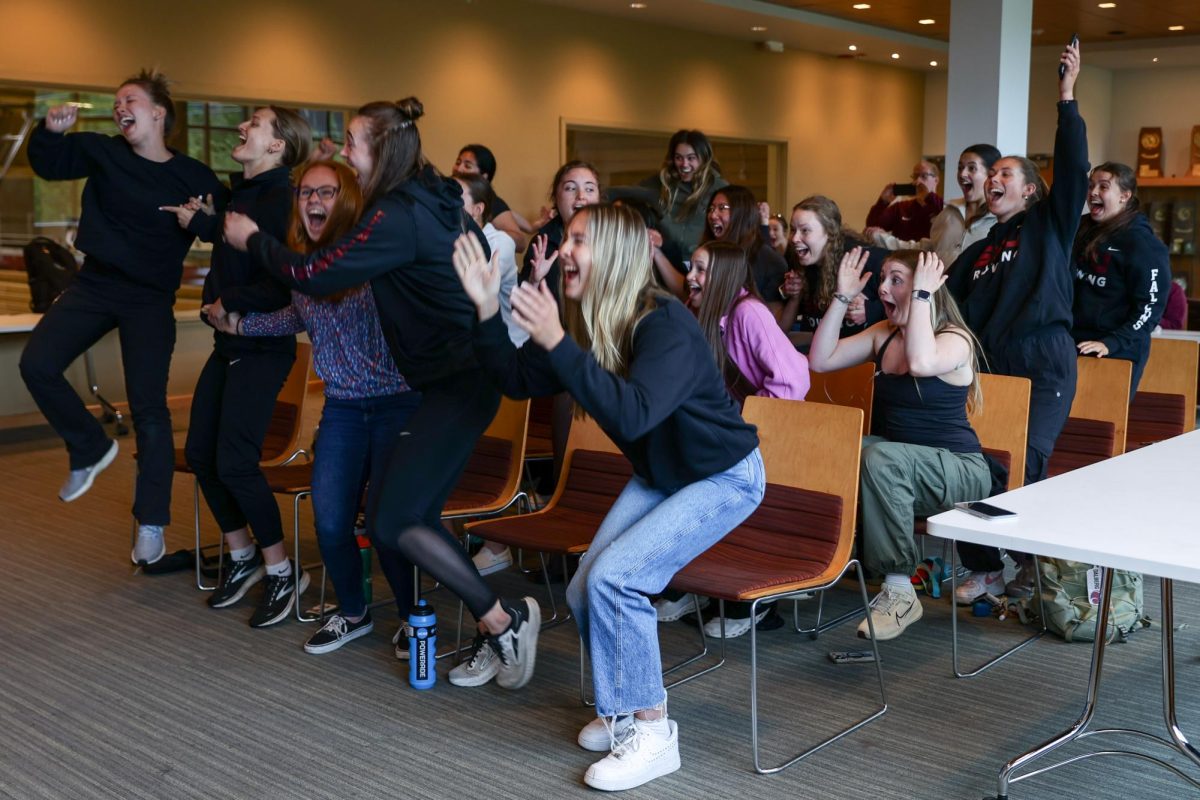



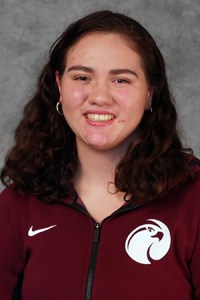






























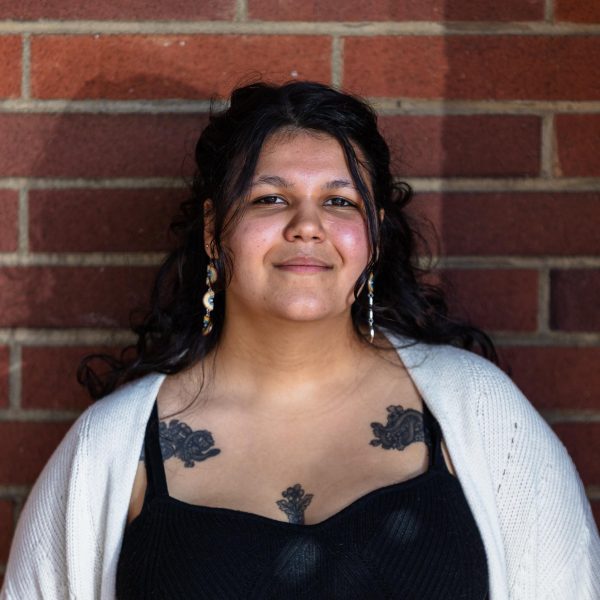


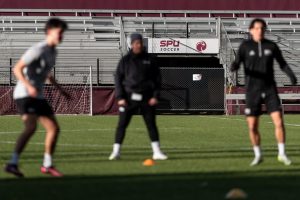

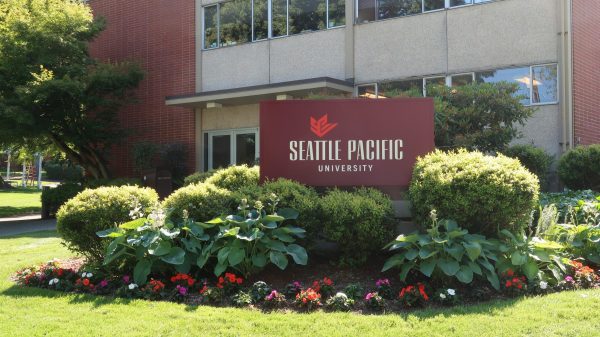




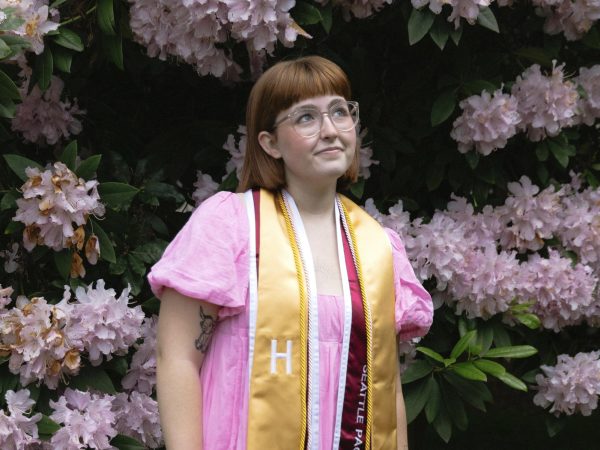
![Queer joy at SPU’s [Redacted] Fest](https://thefalcon.seapacmedia.com/wp-content/uploads/2024/05/04_14_23_9999_1-600x400.jpg)


